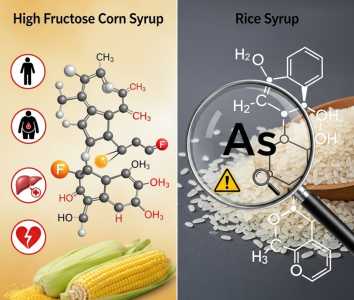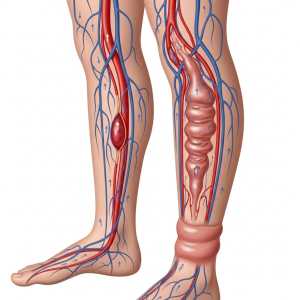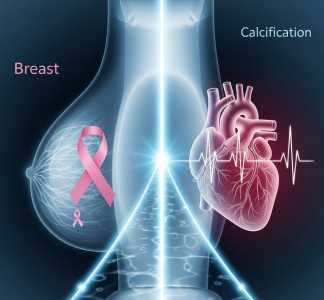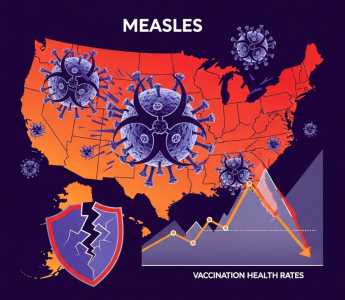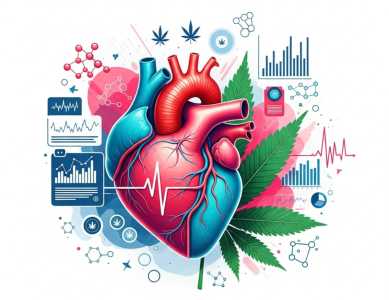Newest Health Related Topics
PFAS - the toxic “forever chemicals” linked to cancer, hormone disruption, immune-system damage, and developmental problems - are already found in the bloodstream of most Americans. For years, scientists and health agencies have warned that exposure needs to go down, not up. But in recent months, the U.S. Environmental Protection Agency (EPA) under the current Trump administration has...[ Read More... ]
The MIND diet is a dietary plan designed to promote brain health and reduce the risk of cognitive decline and Alzheimer’s disease. Its name is an acronym for “Mediterranean-DASH Intervention for Neurodegenerative Delay”, combining aspects of the Mediterranean diet and the DASH diet (Dietary Approaches to Stop Hypertension). Here’s a breakdown of what it emphasizes: 1....[ Read More... ]
1. Major U.S. Study: Multi‑Domain Lifestyle Works A recent U.S. clinical trial involving over 2,100 adults aged 60–79 showed that a structured lifestyle program - combining regular exercise, the MIND diet, brain-training, and social engagement - helped participants think cognitively up to two years younger than expected. The group doing the structured intervention did better than...[ Read More... ]
Walk 30 Minutes a Day to Double Your Pain‑Free Time A recent randomized clinical trial reported by UCLA Health and published in The Lancet involved over 700 adults with chronic low‑back pain. Half of the participants were placed on a structured walking program - 30 minutes per day, five days a week, combined with education on back pain recovery and core mechanics. Over a follow‑up period of...[ Read More... ]
When it comes to sweeteners, high fructose corn syrup (HFCS) and rice syrup are often seen as “less-than-ideal” options - but how do they actually compare? With both used in processed foods, energy bars, and beverages, it’s worth understanding the pros, cons, and the surprising differences between them - including the potential for arsenic contamination. 🍬 High Fructose Corn...[ Read More... ]
A series of recent studies have unveiled a striking connection: living in areas with frequent extreme heat may actually accelerate biological aging at the cellular and molecular level. What Did the Research Reveal? 👵 Aging Faster on the Inside: The Science Advances Study In a nationally representative U.S. study involving over 3,600 adults aged 56+, researchers used epigenetic clocks -...[ Read More... ]
Chronic Venous Insufficiency (CVI) is a common yet often overlooked medical condition that affects millions of people, particularly those over the age of 50. It occurs when the veins in the legs struggle to return blood to the heart efficiently, causing blood to pool in the lower extremities. While it may start off with mild discomfort, if left untreated, CVI can lead to more serious...[ Read More... ]
Mammograms have long been a powerful tool in the fight against breast cancer. But recent studies and clinical practice are showing they might also help detect something else - early signs of heart disease. Yes, the same breast X-ray that checks for tumors can also reveal breast arterial calcification (BAC), a potential red flag for cardiovascular risk in women. What Is BAC and Why Does It Matter?...[ Read More... ]
The U.S. is currently enduring its worst measles outbreak since 1992, with 1,288 confirmed cases reported across 38–39 states as of July 2025 (The Guardian). Three deaths - all among unvaccinated individuals - have been recorded, including two children in Texas and an adult in New Mexico. Why Now? Dropping vaccination rates. MMR coverage among kindergarteners declined from ~95% before the...[ Read More... ]
🧠 Overview As cannabis becomes more widely used and legalized, questions about its safety - especially regarding heart health - are rising. A batch of recent large-scale studies and clinical research has begun to clarify the risks. Here’s what the compelling new data reveals. 1. Higher Odds of Heart Attack in Young Adults A retrospective study involving over 4.6 million people (ages...[ Read More... ]





